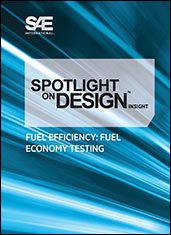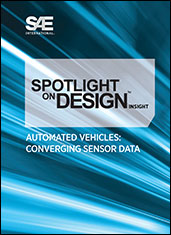Training / Education
Tire and Wheel Safety Issues
One of the most important safety critical components on cars, trucks, and aircraft is the pneumatic tire. Vehicle tires primarily control stopping distances on wet and dry roads or runways and strongly influence over-steer/under-steer behavior in handling maneuvers of cars and trucks. The inflated tire-wheel assembly also acts as a pressure vessel that releases a large amount of energy when catastrophically deflated. The tire can also serve as a fulcrum, both directly and indirectly, in contributing to vehicle rollover. This course covers these facets of tire safety phenomena.




